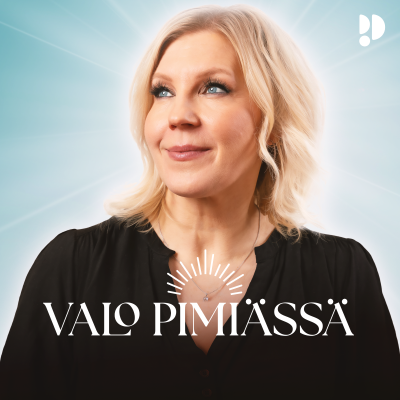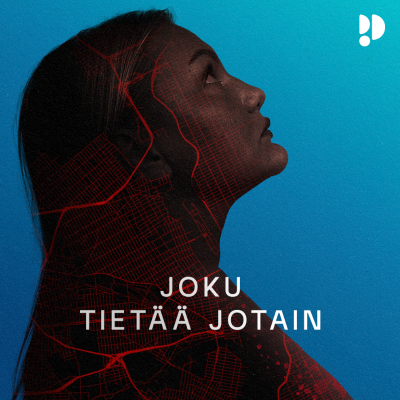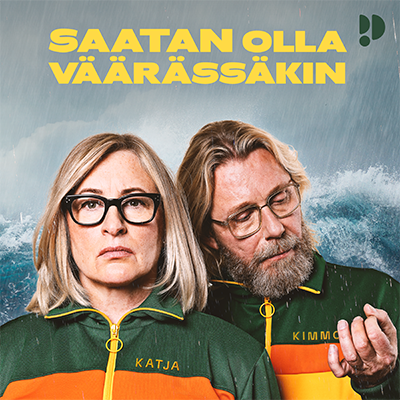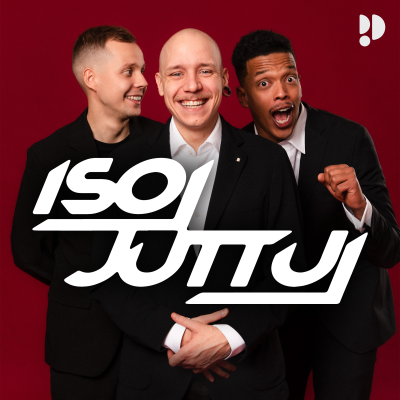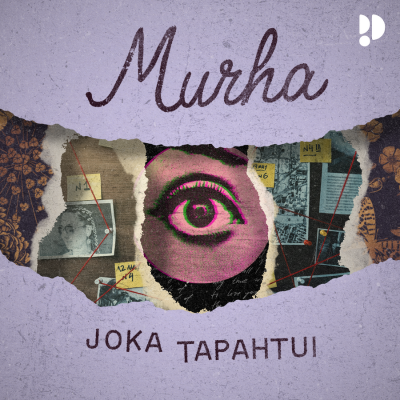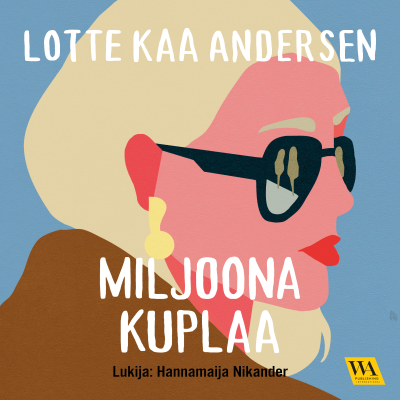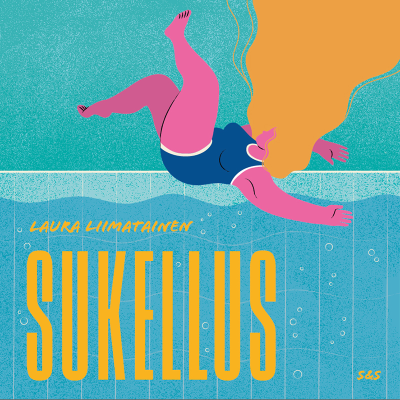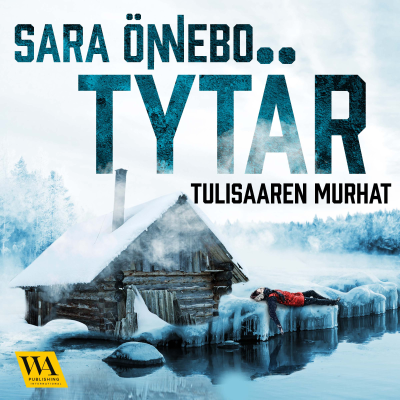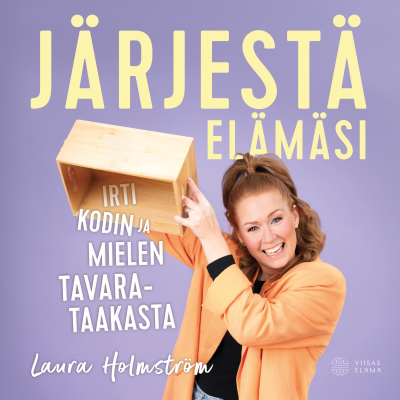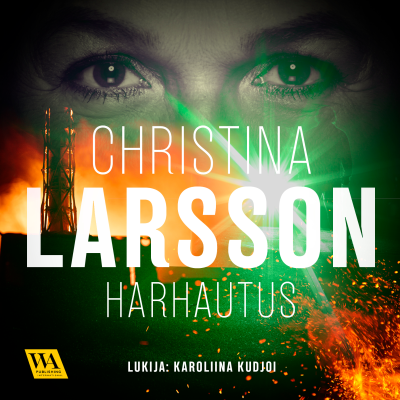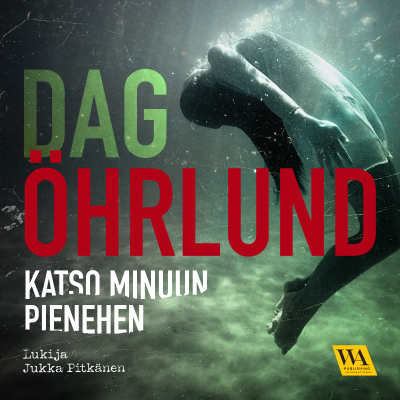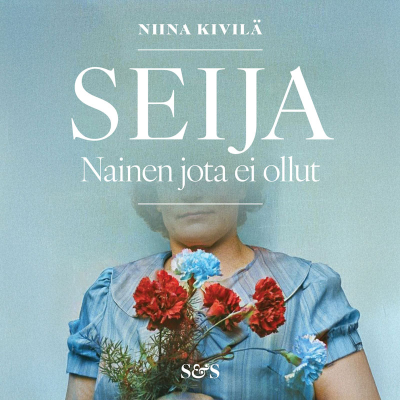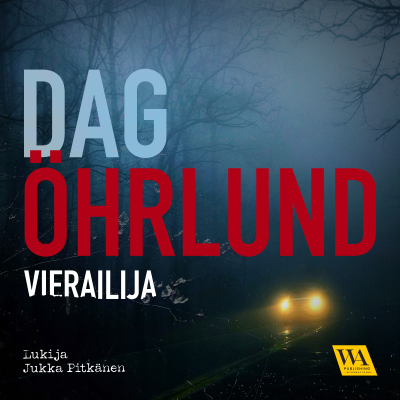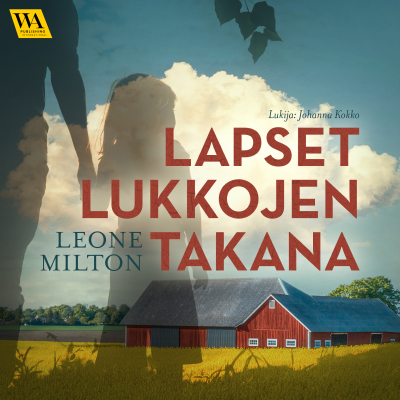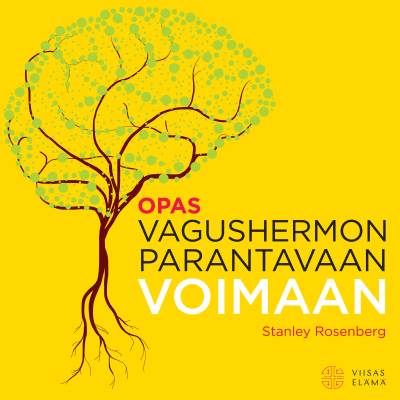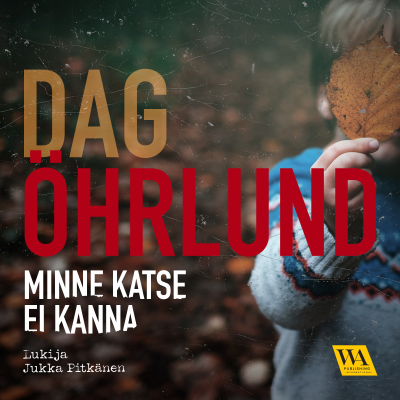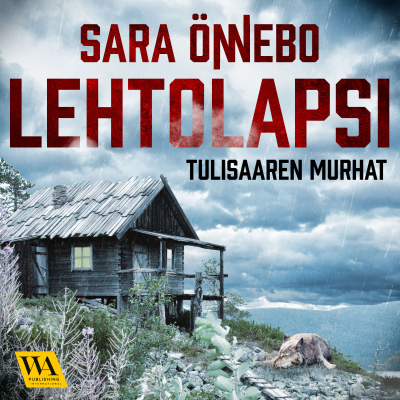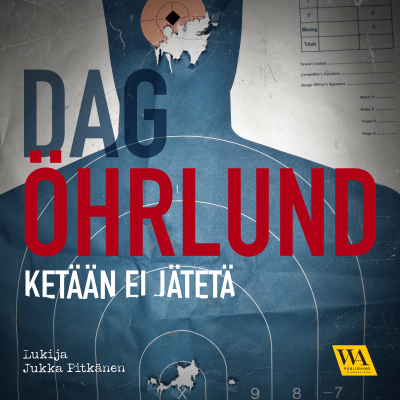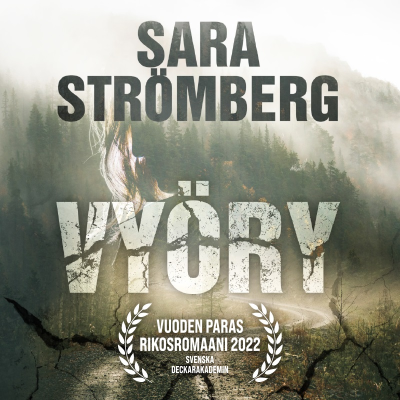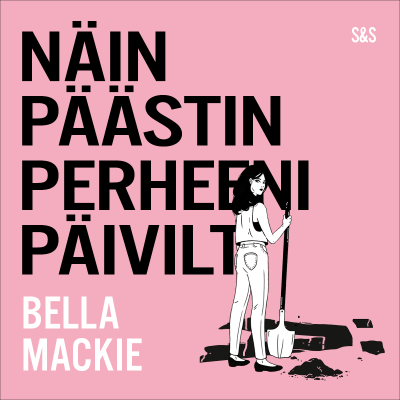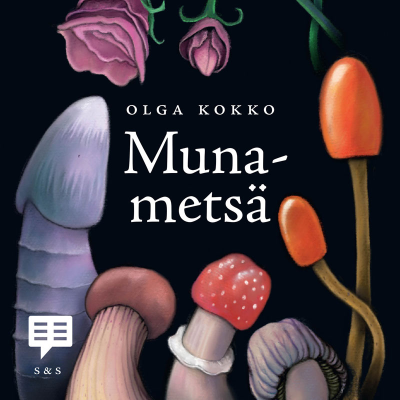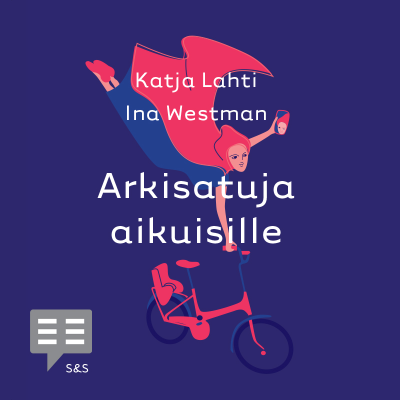
Ottoman History Podcast
Podcast by ottomanhistorypodcast.com
7 vrk ilmainen kokeilu
Kokeilun jälkeen 7,99 € / kuukausi.Peru milloin tahansa.

Enemmän kuin miljoona kuuntelijaa
Tulet rakastamaan Podimoa, etkä ole ainoa
Arvioitu 4.7 App Storessa
Lisää Ottoman History Podcast
Interviews with historians about the history of the Ottoman Empire and beyond. Visit https://www.ottomanhistorypodcast.com/ for hundreds more archived episodes.
Kaikki jaksot
134 jaksotEmre Can Dağlıoğlu [https://stanford.academia.edu/EmreCanDaglioglu] Sunucu: Can Gümüş & Önder Eren Akgül | Emre Can Dağlıoğlu’nun Arapların 1915’i: Soykırım, Kimlik, Coğrafya [https://iletisim.com.tr/kitap/araplarin-1915-i/10111?srsltid=AfmBOoqWL9Jw-T0JxSg44VEi3eDGvdnjlnutkc3R28LMO2Wih5br7csf] başlıklı derlemesine (İstanbul: İletişim Yayınları, 2022) odaklanan bu bölüm, 1915’i Osmanlı ve Osmanlı sonrası Arap dünyası bağlamında ele almanın önemine işaret ediyor. Hem soykırımı hem de 1915 sonrasını bölgenin siyasal, toplumsal ve çevresel krizleri içinde konumlandıran çalışma, Arap vilayetlerine sürülen Ermenilerin karşılaştıkları politikaları, hayatta kalma stratejilerini, Arap toplumları ve coğrafyasıyla kurdukları karmaşık ilişkileri inceleyen makalelerden oluşuyor. Bu podcastte, bu çalışmaların soykırımın tarihyazımında açtığı yeni pencereleri detaylandırırken 1915’i sabit bir kırılma anı olarak görmek yerine, farklı yerel dinamikler ve ilişkiler çerçevesinde zamansal ve mekânsal olarak genişleyen bir perspektifle ele almanın imkânları üzerine de sohbet ediyoruz. « Click for More » [https://www.ottomanhistorypodcast.com/2025/03/daglioglu.html#more]
with Uğur Z. Peçe [https://history.cas.lehigh.edu/faculty-staff/ugur-zekeriya-pece#research] hosted by Sam Dolbee [https://as.vanderbilt.edu/history/bio/samuel-dolbee/] | In the 1890s, Ottoman Crete descended into communal violence between its Christian and Muslim inhabitants, abetted by foreign powers and Ottoman officials alike. In this episode, Uğur Z. Peçe explains how this conflict--which he calls a civil war--came about, what it meant in people's intimately connected everyday lives, and how it shaped the end of the Ottoman Empire. In particular, Cretan refugees resettled elsewhere in the Ottoman Empire became a key part of various protest movements including boycotts. Uğur speaks with us about these topics while traveling through present-day Crete, considering, among other things, the unexpected connections between the Eastern Black Sea and Crete, the island's distinctive landscape, and snails. « Click for More » [https://www.ottomanhistorypodcast.com/2024/12/pece.html#more]
with Susanna Ferguson [https://www.smith.edu/people/susanna-ferguson] hosted by Chris Gratien | What does the history of modern Arab political thought look like from the perspective of women authors? In this podcast, we sit down with longtime Ottoman History Podcast contributor Susanna Ferguson to explore this question, which animates her new book Labors of Love: Gender, Capitalism, and Democracy in Modern Arab Thought. Previous scholarship has focused on the role of women in discussing the roles of women, but as Prof. Ferguson argues, women writers of the 19th and 20th century can also be studied as producers of social theory and commentators on the important matters of their era. In our conversation, we use the lens of public discourse about child-rearing or tarbiyah as a window onto ideas about a wide range of topics, including morality, labor, and democratic governance. In doing so, we consider the importance of seeing the Arab world as a source of portable ideas about modern society, as opposed to a merely passive recipient of Western modernity. « Click for More » [https://www.ottomanhistorypodcast.com/2024/09/sferg.html#more]
with Peter Hill [https://www.northumbria.ac.uk/about-us/our-staff/h/peter-hill/] hosted by Matthew Ghazarian | Across the 19th century Arab East, or Mashriq, there were two simultaneous but seemingly contradictory trends afoot. On the one hand, new ways of understanding religion, science, and community, often associated with the intellectual 'revival' of the Arab Nahda, ushered in new forms of thought and more fluid subjectivities. On the other hand, movements emerged to reinscribe, intensify, and uphold stricter communal boundaries between religious groups. How did these two trends coexist? The life and thought of Mikha'il Mishaqa (1800-1888) offer some answers. Mishaqa was a doctor, merchant, moneylender, and writer who was raised in Greek Catholicism, lost his faith, regained it, and then converted to Protestantism. Through his many-sided life, his voluminous writings, and his obstinate commitment to 'reason', Mishaqa offers an example of how a single life could integrate these seemingly contradictory trends of 19th century Arab East. « Click for More » [https://www.ottomanhistorypodcast.com/2024/09/peter-hill.html#more]
with İlkay Yılmaz [https://www.geschkult.fu-berlin.de/e/fmi/institut/mitglieder/Wissenschaftliche_Mitarbeiterinnen_und_Mitarbeiter/Yilmaz.html] hosted by Sam Dolbee [https://as.vanderbilt.edu/history/bio/samuel-dolbee/] | Passports are objects at once momentous and mundane. How did they come about in the late Ottoman Empire? In this episode, İlkay Yılmaz discusses the history of this technology, and how the state effort to manage information about identity and control people's movement emerged alongside international police efforts to control anarchist and revolutionary subjects between different empires in the late nineteenth century. With this new technology, the ability to control people's movement also became contingent on the photograph and connected to late Ottoman politics of migration and ethnicity. She also discusses how these state efforts to limit people's movement through the technology of the passport have echoes in the present, even in her own life. « Click for More » [https://www.ottomanhistorypodcast.com/2024/09/yilmaz.html#more]

Arvioitu 4.7 App Storessa
7 vrk ilmainen kokeilu
Kokeilun jälkeen 7,99 € / kuukausi.Peru milloin tahansa.
Podimon podcastit
Mainoksista vapaa
Maksuttomat podcastit

